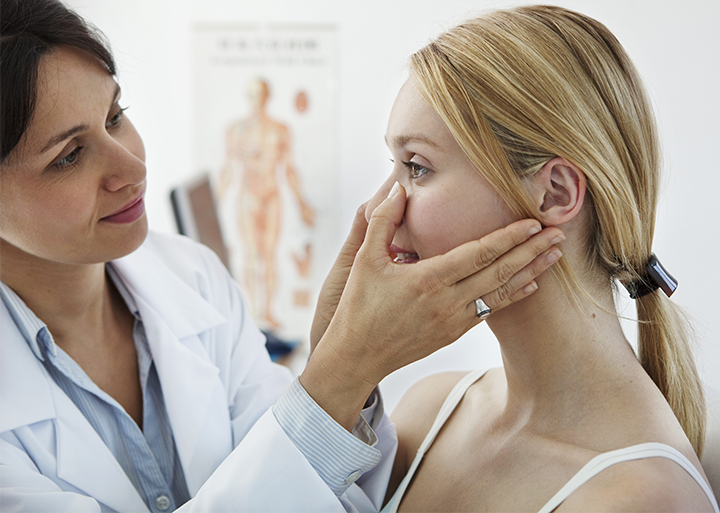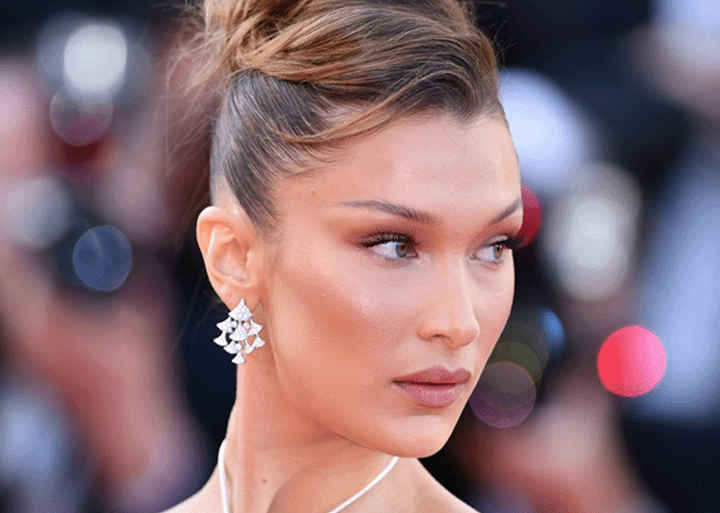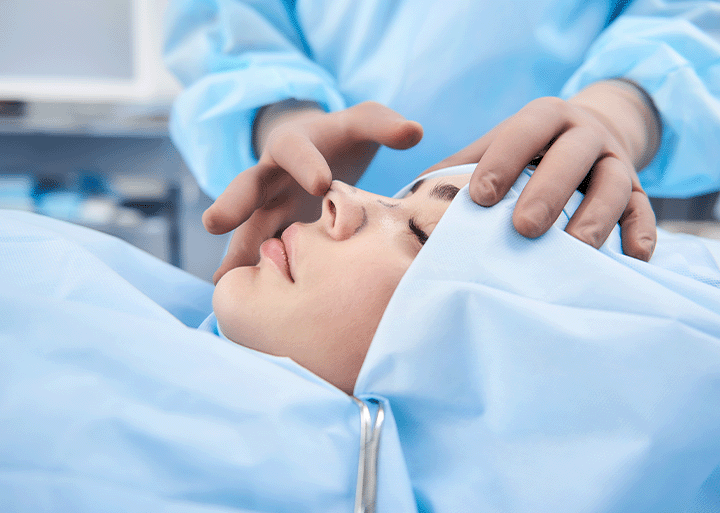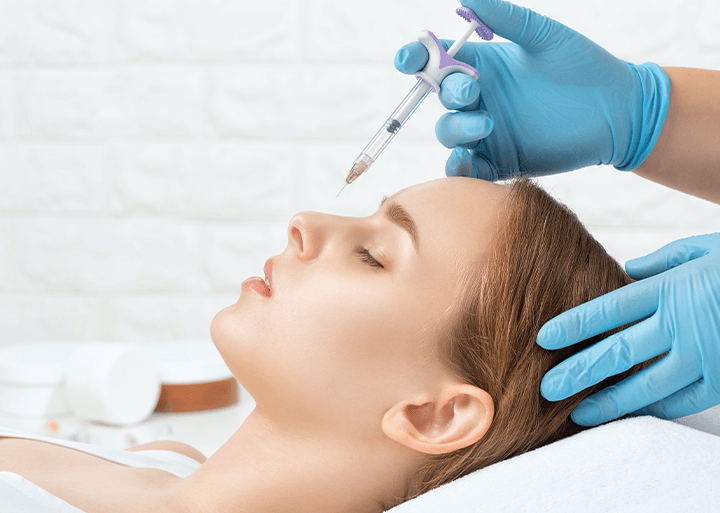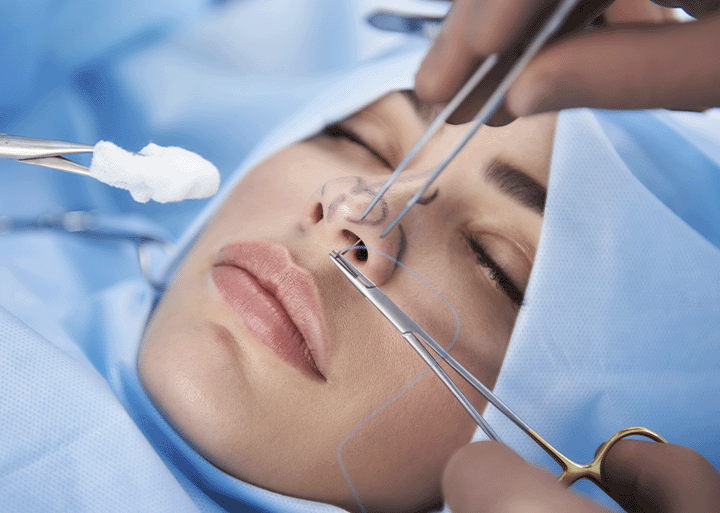
Rhinoplasty is a surgical operation that permanently changes the shape and structure of the nose. However, as well as the surgery, the postoperative process plays an important role to achieve permanent and satisfactory results. In this process, it is important to protect the nose from any external impact in terms of preserving the new shape.
Since the nose is located in the center of our face, it is very vulnerable to external impacts. In particular, it will be more sensitive than ever after surgery. Even a small accident can lead to major complications after rhinoplasty. As it is known, the recovery process after rhinoplasty is a slow and long period. Keep in mind that the recovery period takes approximately 6-8 times, although the exact time varies from patient to patient. However, your nose won’t be fully healed after these 8 weeks; it will only restore 85% of its former resistance. Patients should take care to protect their noses for the first year after surgery.
So, what should you pay attention to?
The first week after rhinoplasty is the most sensitive period. Even with the slightest hard contact this week, the correction may be impaired. Therefore, after the operation, a splint is placed inside the nose and outside the silicone tampon. These are usually removed by the surgeon a week later.
There are strict rules that must be followed for the first month: sleeping on your back, not wearing tight-necked clothes, not lifting heavy objects such as luggage or weights, not having skincare, peeling, masks, etc., not jumping rope, or avoiding heavy exercise. Sucking hard water into the nose and blowing it, cleaning the nose by hand or with tissue are among the movements that should be avoided for the first 2 weeks. Also, during these first 2 weeks, very hot, very cold, and spicy foods should be avoided. Consuming cold foods and drinks can cause a cold or flu; spicy foods may cause the person to sneeze. These are unwanted things during the first weeks when the nose is most sensitive. Also, in the first weeks, you should be careful not to make too many facial expressions and not to laugh too much.
Wearing glasses is prohibited for up to 6 months. If you have to wear glasses, you should use prescription contact lenses. Sunglasses can be worn after 3 months; provided that they are not during the day. Avoid sunbathing, sauna, bath, solarium, sea, and pool for at least 1 month. The most common problems after rhinoplasty are edema, swelling, and redness. Exposure to heat and sun will exacerbate these complications.
Unfortunately, no matter how careful you are, you may be faced with an outside blow. In this case, you should first apply a cold compress to your nose and check your nose. A small blow does not cause a major complication, but if you experience bruising, swelling, or bleeding, you should immediately inform your doctor. A serious complication may require revision surgery. You should contact your doctor immediately to get the most accurate information on this subject.

